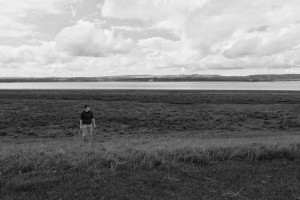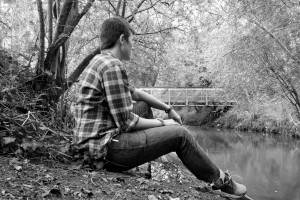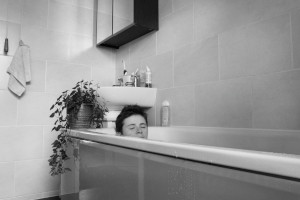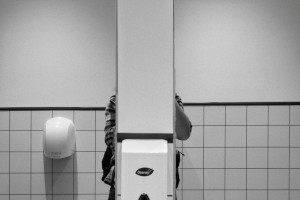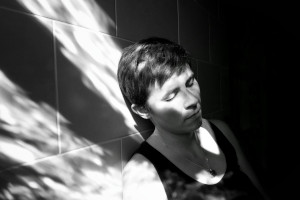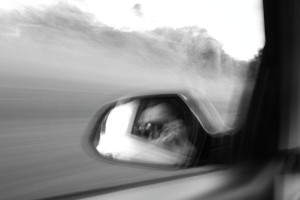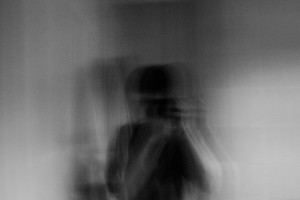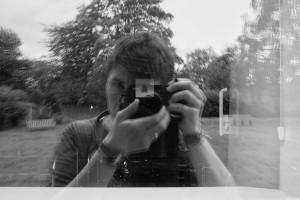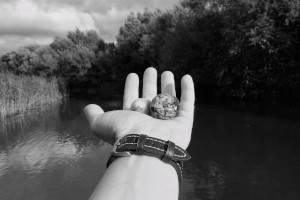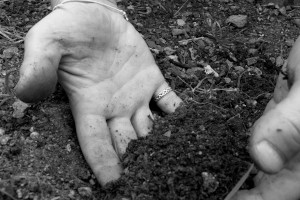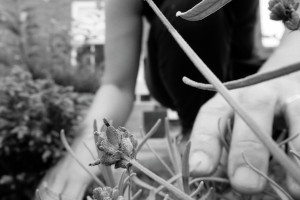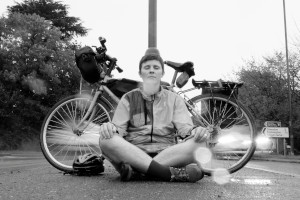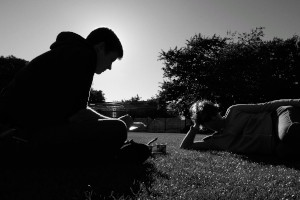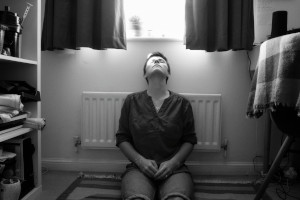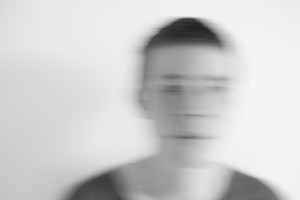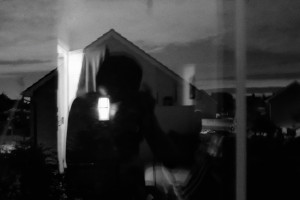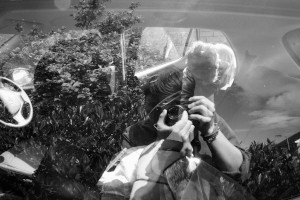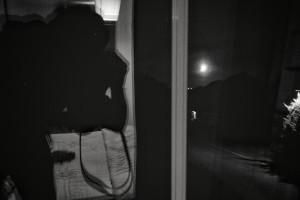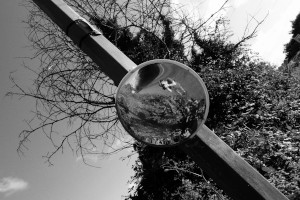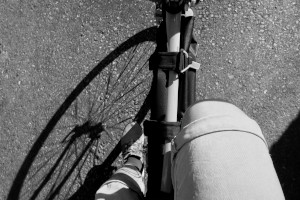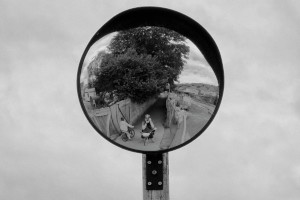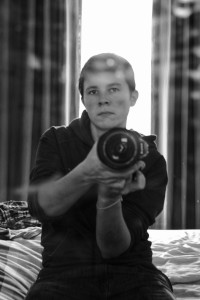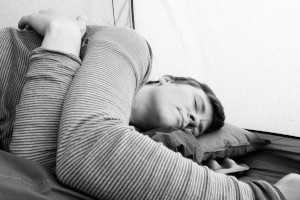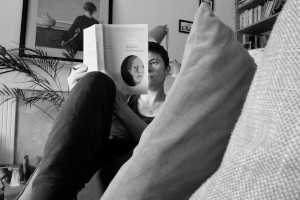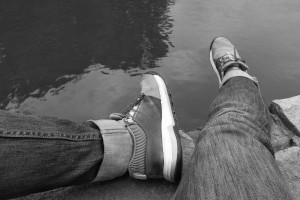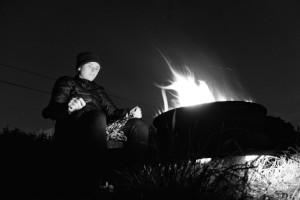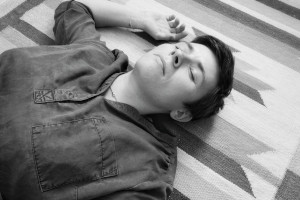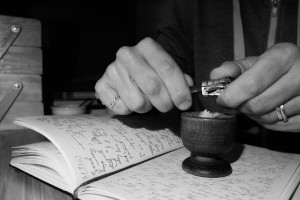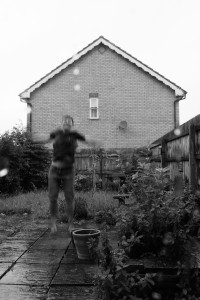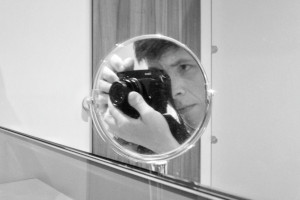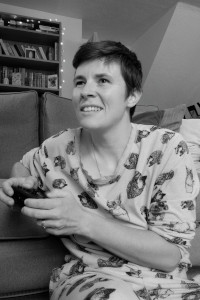click the images to see a bigger version.
Flick through my family photo albums and you will notice an act of disappearance. As soon as I was old enough to be trusted with a camera, I changed from the photographed to the photographer and nearly vanished from my family's visual archive. I am only seen in a shadow, a reflection in someone's glasses, a finger poking out too near the lens.
The camera morphed into my crutch at family gathering and other social events. I could hide behind the viewfinder and disguise my ineptitude at the unspoken rules of parties. Camera in hand, I was allowed to bumble from one group to another with the excuse of a memory to gather.
Eventually I stopped attending family gatherings. I moved to a different country and the links that held my family together eroded as months turned into years and we all aged. A camera remained by my side. I had grown to love this tool. It allowed me to feel less awkward in public spaces and join the flow of people. The camera was still a crutch but gradually transformed into a way to apprehend my surroundings. I learned to record and imprint in memory fleeting scenes that caught my eye. Still, my position remained locked behind the lens. In part, I did not think about myself and preferred my position of self-effacement.
Fast forward to 2020 and the first Covid lockdown in the UK. I photographed and wrote compulsively. I needed to record what was happening to me. The camera and pen were my tools to understand what could not be understood. Parts of my body crept into the images I created. I needed to see myself and affirm my corporeality in a time when I spent so many hours in online spaces and in my head. I needed to see myself to remain afloat. I did an okay job at it until I didn't. I realised I am autistic and lost myself. This period of my life is still a blur in my memories and goes largely unrecorded save for the plethora of carboard pinhole cameras I frenetically built.
Time passed and I returned to myself but could not recognise the person I was seeing. My body caught me by surprise when I glimpsed it in a reflective surface. I'd stopped to scrutinise myself over and over again. I could not comprehend how I wore the same face, the same body, the same hands I'd seen all these years. I felt shatteringly different and I needed to see this difference. So I turned the lens on myself.
Blurred, frayed, and unrecognisable, I saw myself in those images. I was satisfied. The lockdown eased, my time furloughed ended, and I gradually returned to the world beyond my front gate and local park. I was too busy learning the world anew, and too glad to be taken out of my own head, to worry about my body all that much. Still, my eyes lingered on my reflection whenever it appeared. 'Hi,' I seemed to say. 'You're still here.'
I treated myself to a new lens to dabble in digital photography after a few years of film only. I wanted to experiment, play more overtly with light and shadow, details of life and passing moments outdoors. When I received the lens, I turned it toward myself and found I could not stop.
I frantically photographed myself as if it was the only subject I could now explore. Then I stopped, other creative projects demanding my attention. Still, I was pulled towards myself again and again. I'd notice a frame, imagine my body in it, and create a mental image. The compulsion did not stop, and when I finally decided to invest into an every day digital camera, I stepped once again in front of the lens.
So when my friend Matt suggested a month long photography challenge in August 2023, I jumped at the opportunity. For thirty days I would photograph myself, over and over and over again. Consistently. I was to put the camera in front of me every single day and not just when a burst of inspiration came.
I was a little apprehensive but I did it. I presented myself to the lens every day for thirty days. It was a good experience, one that developed effortlessly as the summer peaked and dwindled.
The images are diaristic, staged all of them (how do you take a candid self-portrait? Maybe a question to explore in the future), but a truth of me in all of them.
